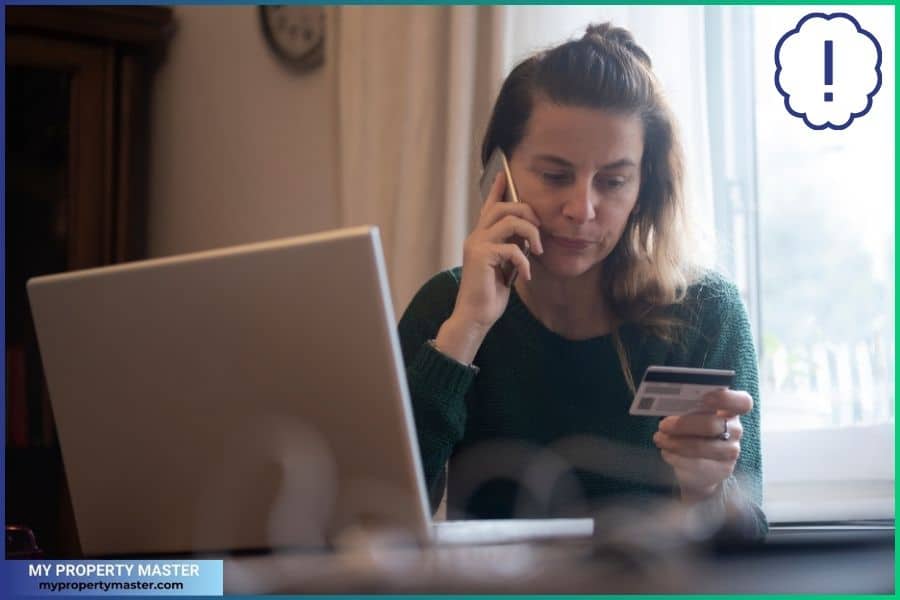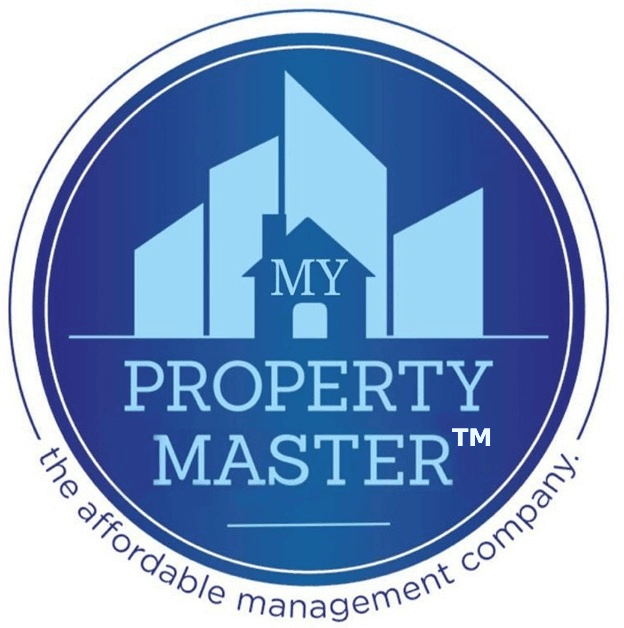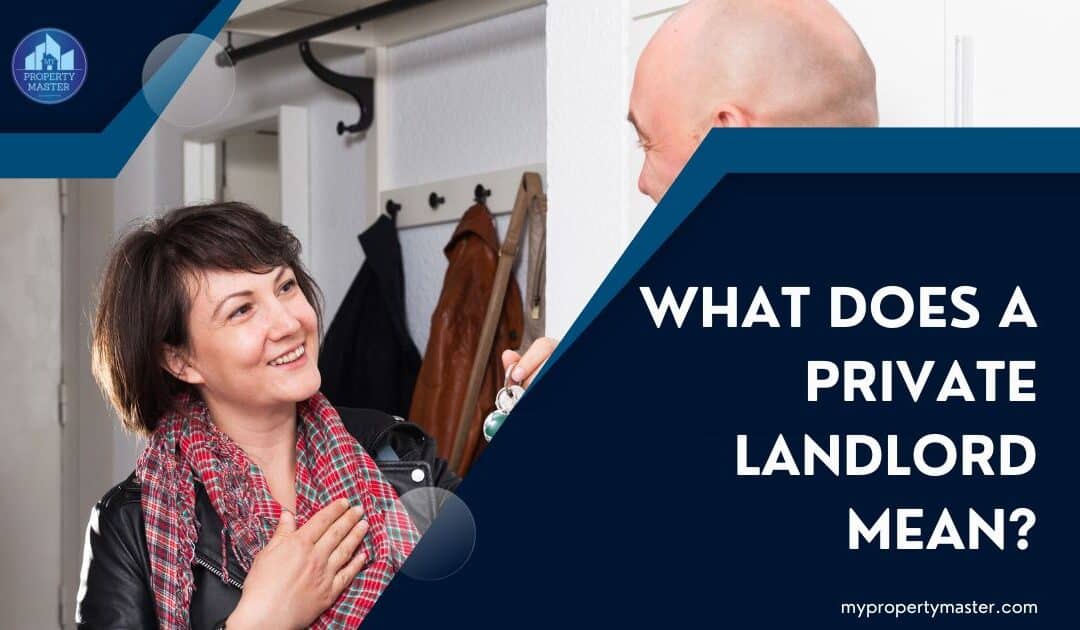A private landlord refers to an individual or a non-institutional entity that owns residential or commercial property and rents it to tenants. Unlike property management companies or institutional landlords, private landlords are typically individuals who own one or more properties and manage the rental process themselves. Private landlords may own single-family homes, apartments, condominiums, or other real estate types.
In contrast to public or social housing, which may be owned or operated by government agencies, private landlords operate in the private sector. They enter into rental agreements or leases with tenants, outlining the terms and conditions of the tenancy, such as rent payments, lease duration, and responsibilities of both parties.
Private landlords are responsible for property maintenance, ensuring the premises comply with local housing regulations. The landlords handle any issues, disputes, and even repair tasks themselves.
The relationship between a private landlord and a tenant is typically contractual, governed by the terms specified in the lease agreement.
There are many reasons for choosing private landlords over property management companies or institutional landlords. In the same vein, there are various pros and cons of private landlords. Also, there is a chance of getting scammed and harassed. Sometimes, it can be straightforward to find and also challenging. I will discuss them in this article based on the US and as a property management contractor.
Let’s get started.
Where is the best place to find private landlords?

The most common ways to find private landlords are social media platforms, marketplace websites, and other channels. Here are some of them:
Online Rental Platforms
Websites like Craigslist, Zillow, Apartments.com, or Rent.com often list rental properties, including those offered by private landlords.
Local Classifieds
Check local newspapers, community bulletin boards, and classified ads for rental listings. Some landlords still use traditional methods to advertise their properties.
Landlords may post listings on social media platforms like Facebook or community groups. Some areas have dedicated groups for housing and rentals.
Real Estate Agents
Real estate agents may have information on rental properties, including those managed by private landlords. Contacting a local real estate agent could be beneficial.
Word of Mouth
Network within your community and ask friends, family, or colleagues if they know any private landlords with available properties.
Local Property Management Companies
Some private landlords hire property management companies to handle the leasing process. Contacting local property management firms might lead you to rental opportunities with private landlords.
Community Events and Bulletins
Attend local community events, check bulletin boards at community centers, and look for flyers or posters in local businesses. Some private landlords may prefer local advertising methods.
University or College Housing Offices
If you’re in a college town, university or college housing offices may have information on off-campus housing, including listings from private landlords.
When searching for rental properties, be cautious about potential scams and ensure that any listings you pursue are legitimate. It’s also essential to thoroughly review the terms of the lease agreement and communicate openly with the landlord before committing to a rental property. Lastly, be sure to check the rental property physically before making any financial transactions.
Why do people choose private landlords over institutional or property management companies?

As a property management contractor, I noticed many different reasons for it. If somebody was evicted in the past, property management companies or institutional landlords generally don’t accept them in the tenant screening process. So, it becomes harder for them to get new rental apartments in the future, especially if the eviction was added to their rental history.
Property management company’s rent is also higher compared to privately managed properties. So, people who are experiencing financial challenges look for private landlords.
Suppose you want to rent an apartment or home through them. In that case, it requires lots of paperwork, security money, background checks, credit scores, criminal history, rental history, monthly income and income sources, and many more. Many people don’t like these hassles.
Whatever I mentioned above is not the only reason. There are other reasons, as outlined below:
Personalized Relationships
Tenants often prefer the direct, personalized interaction they can have with a private landlord. Dealing with an individual allows for more direct communication and a personal touch.
Flexibility in Negotiations
Private landlords may be more flexible in negotiating lease terms, rent amounts, and other conditions. This flexibility can appeal to tenants looking for a more customized rental arrangement.
Related: Why do landlords raise the rent?
Quick Decision-Making
Private landlords can often make decisions more quickly than larger institutions. This speed can benefit the application and approval process, allowing for a faster move-in timeline.
Local Knowledge and Involvement
Private landlords are often local residents themselves, providing them with a deep understanding of the community. They may be more invested in the neighborhood’s well-being and more responsive to local issues.
Less Bureaucracy
Dealing with a private landlord may involve less bureaucratic red tape than larger property management companies. This streamlined process can result in quicker responses to maintenance requests and other tenant concerns.
Related: Pros and cons of hiring a property management company in the US.
Potential for Lower Costs
Private landlords may have lower overhead costs than larger property management firms, potentially leading to lower rental prices for tenants.
Related: Can a landlord raise my rent by $300?
Direct Maintenance Contact
Tenants dealing with private landlords often have a direct line of communication for maintenance issues. This direct contact can lead to faster resolution of problems and a more hands-on approach to property maintenance.
Individualized Property Management
Private landlords may take a more individualized approach to property management, addressing their tenants’ unique needs and preferences.
Ease of Communication
Communication with private landlords is often more direct and accessible, fostering a better understanding of expectations and creating a smoother tenant-landlord relationship.
Local Reputation and Trust
Private landlords may build a strong reputation within the local community, creating a sense of trust among tenants. It can influence tenants to rent from a particular private landlord.
The desire for a more personal, flexible, and locally-rooted rental experience often drives the choice of private landlords. The direct connection between tenant and landlord can contribute to a smoother and more individualized renting process.
Can you get scammed by private landlords?

Like property management companies, private landlords are not licensed and trained. Moreover, many scammers pretend to be landlords but don’t have any properties. Their main goal is to scam people who are seeking rental apartments.
It happens a lot, and victims have nothing to recover at the end of the day.
Unfortunately, rental scams involving private landlords can occur, and individuals need to be vigilant to avoid falling victim to such schemes. Here are some common ways in which private landlords may scam people:
Fake Listings
Scammers may create fake rental listings for properties that don’t exist or that they do not own. They often use attractive photos and enticing descriptions to lure potential tenants.
Advance Fee Scams
Some scammers ask for upfront payments, such as security deposits or the first month’s rent, before the tenant can view the property. The scammer disappears once the payment is made, and the tenant discovers no legitimate rental.
Wire Transfer Requests
Scammers may insist on wire transfers or other non-traceable payment methods. Legitimate landlords usually accept more secure payment methods, such as checks or online payment systems.
Pressure to Act Quickly
Scammers generally try to make your decision quickly. They act like they are in a rush, have little time, and will tell you that many other people are contacting them for the same rental property.
They pressure you to decide quickly, saying they have another tenant to place on the property.
However, they will not give you any chance to review the terms or inspect the property physically.
This urgency can lead individuals to overlook red flags.
Remote Rental Scams
Scammers sometimes claim to be overseas or unable to meet in person for various reasons. They may provide excuses for not being able to show the property and request payment without a physical meeting.
Even many scammers who are not US citizens can use a VPN to list properties or use a US phone or any local phone number (generally purchased from Skype) while contacting. In reality, many of them live in different countries.
Scammers may hijack legitimate listings by posing as the property owner and showing the rental to unsuspecting tenants. They may then collect deposits and disappear before the actual owner discovers the fraud.
Identity Theft
Some scammers may use fake rental applications to collect personal and financial information from potential tenants. Scammers can steal your identity for misuse and other fraudulent activities.
How can you save yourself from those scammers?

To avoid falling victim to rental scams by private landlords, individuals should take the following precautions:
Visit the Property in Person
Always schedule a visit to the property before making any payments. Be cautious if the landlord refuses or provides excuses for not allowing in-person viewings.
Verify Ownership
Verify the landlord’s property ownership through public records or by contacting the property management company, if applicable.
Use Secure Payment Methods
Avoid making payments through wire transfers or other non-traceable methods. Use secure payment methods that provide a record of the transaction.
Be Skeptical of Unrealistic Offers
Be wary of rental listings with meager prices or offers that seem too good to be true. Scammers often use attractive pricing to lure victims.
Research the Landlord
Conduct online research to verify the landlord’s identity and check for any history of scams or complaints associated with their name.
Trust Your Instincts
If something feels off or if the landlord’s behavior raises suspicions, trust your instincts and consider looking for alternative rental options.
Staying informed, asking questions, and being cautious can help individuals avoid falling victim to rental scams by fake landlords.
Conclusion
Private landlords, distinct from property management companies, offer a more personalized and flexible rental experience. However, this choice comes with its own considerations, including the risk of encountering scams and fraudulent activities.
When seeking properties from private landlords, you must be vigilant to avoid falling prey to common scams. These scams may involve fake listings, advance fee requests, wire transfer fraud, and identity theft.
To protect yourself from getting scammed, conduct thorough research, visit properties in person, and use secure payment methods.
Many tenants opt for private landlords despite the potential risks due to the advantages of personalized relationships, negotiation flexibility, and quicker decision-making. Private landlords’ direct communication and local involvement often contribute to a more satisfactory renting experience.
If you need any help or advice, you can contact us. I covered most information related to private landlords. But if you still have any questions, let me know in the comments.






